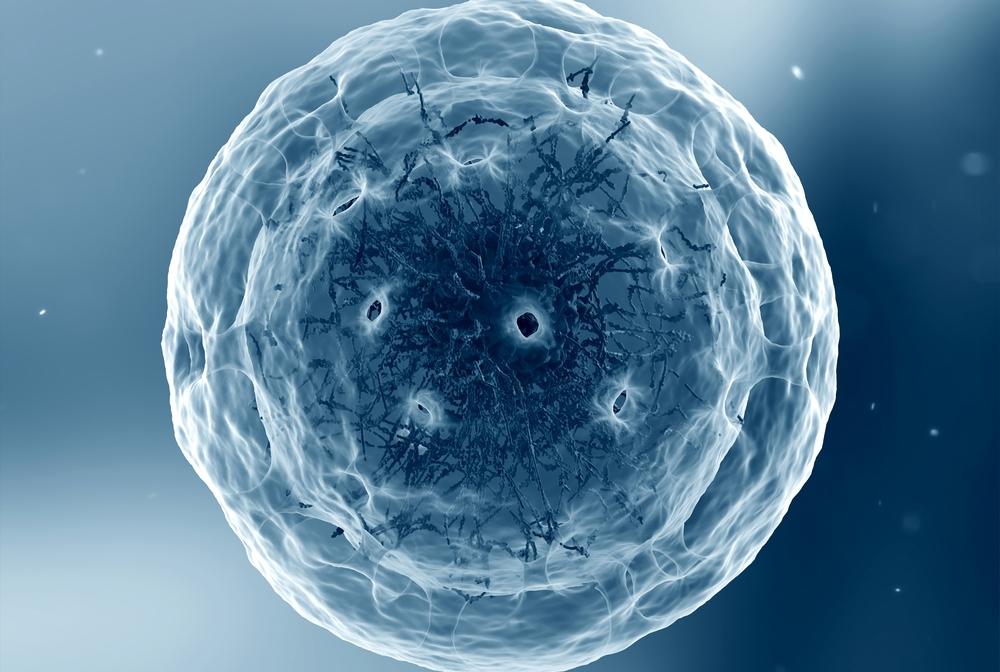A team co-led by researchers at Weill Cornell Medicine and the New York Genome Center has developed an advanced method for revealing how gene mutations disrupt the normal packaging of DNA. These structural changes, which alter patterns of gene activity in a cell, are known as epigenetic changes and can lead to malignancy.The new method, described in a paper published on May 8 in Nature, offers biologists a powerful tool that can be applied in many fields of investigation, from basic cell biology to the study of how cancers originate.
“This new technique should permit broad future explorations of the links between mutations and epigenetic alterations in the context of cancers and related conditions,” said study senior author Dr. Dan Landau, a professor of medicine in the Division of Hematology and Medical Oncology at Weill Cornell Medicine and a core faculty member at the New York Genome Center. Read more in Weill Cornell Medicine's newsroom story.
 Illustration of chromatin in the nucleus.
Illustration of chromatin in the nucleus.

